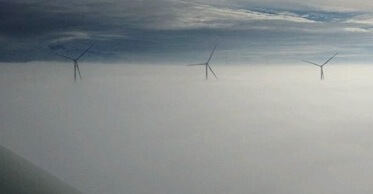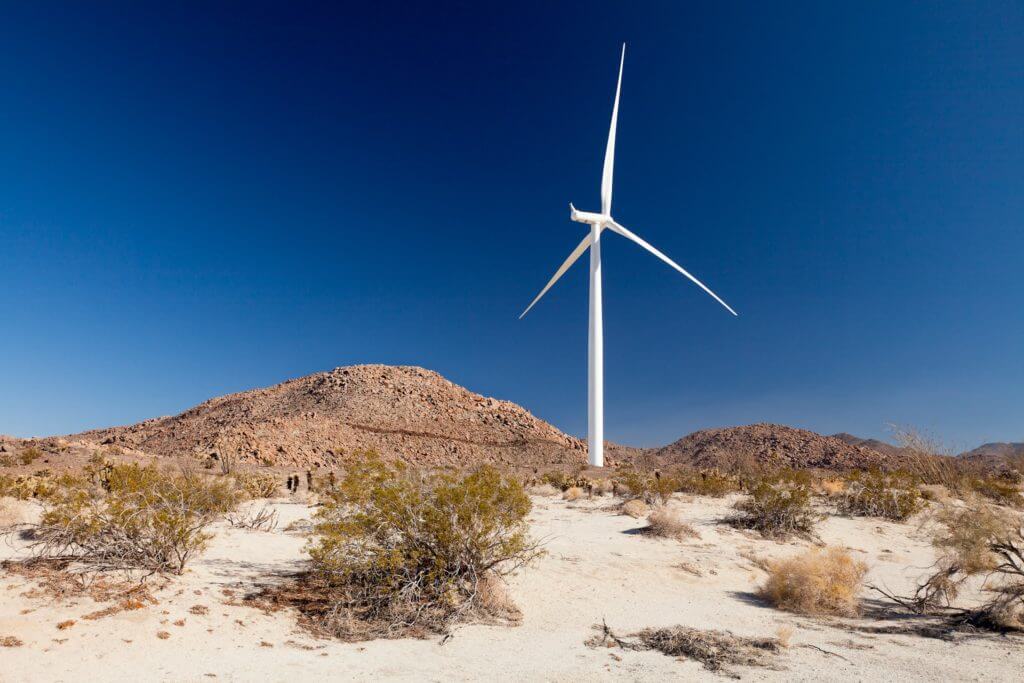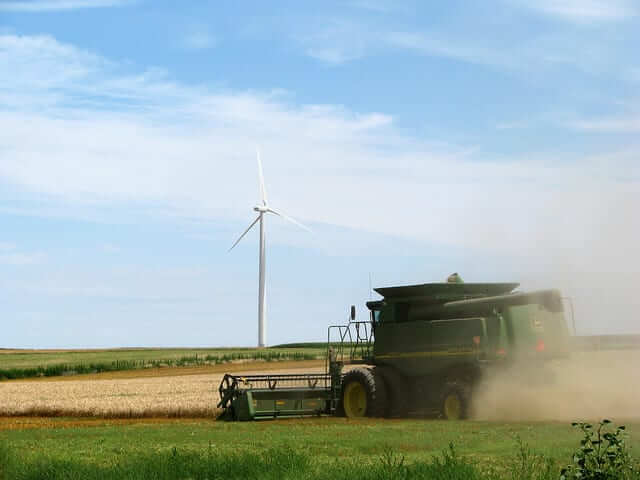Environment America: Wind energy slashes climate and air pollution, saves water
If the U.S. continues adding onshore wind capacity at the rate it did from 2007 to 2012, the report says, and takes the first steps toward developing its massive potential for offshore wind, by 2018 wind energy will be averting carbon dioxide emissions equivalent to taking 32 million passenger vehicles off the road. The nation will also be saving enough water to supply the domestic water needs of 2.1 million people—roughly as many as live in the city of Houston.
Further, the report finds that by 2018, U.S. wind energy could also be annually avoiding 121,000 tons of smog-causing nitrogen oxides and 194,000 tons of sulfur dioxide, which causes acid rain and soot.

“Wind energy has given us a lot to be grateful for this Thanksgiving,” said Julian Boggs, global warming program director for Environment America. “Congress shouldn’t close the door on a cleaner America by letting critical incentives for wind energy expire.”
Thanks to its current and future benefits, wind power is a key component of President Obama’s Climate Action Plan, which aims for a 17 percent reduction by 2020 of the carbon pollution fueling global warming. The plan calls for expanding renewable energy, investment in energy efficiency, and the first-ever federal limits on carbon pollution from power plants.
Electricity generated with wind power quadrupled in the last five years, from about 34,500 gigawatt-hours (GWh) in 2007 to more than 140,000 GWh at the end of 2012—or as much electricity as is used each year in Georgia. Iowa, South Dakota and Kansas now have enough wind turbines to supply more than 20 percent of their annual electricity needs.
This recent progress on wind energy is the direct result of federal incentives for wind power and state renewable energy policies. Despite the clear benefits of wind and widespread bipartisan support for federal policies to promote renewable energy, fossil fuel interests and their political allies have vigorously opposed these federal initiatives. The investment tax credit (ITC) and the production tax credit (PTC) are set to expire at the end of 2013.
“Wind energy is improving our quality of life in America,” said Boggs. “We cannot let polluters and their allies stand in the way of additional reductions in carbon, soot and smog pollution and water use. Congress needs to do whatever it takes to extend federal wind incentives as soon as possible.”
Photo credit: First Wind – Milford, Utah




